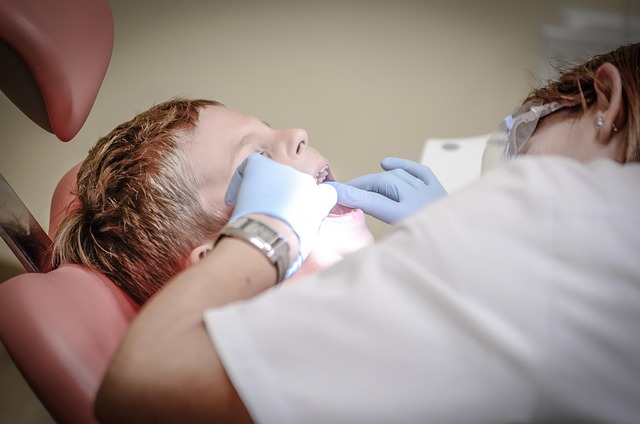Discover the Future of Dental Implants: Screwless Solutions
Many patients exploring dental implants are interested in newer screwless options. Screwless dental implants can offer potential benefits such as simplified attachment systems, reduced chair time, and a different comfort profile; for some patients they may be more cost-effective than traditional systems. Actual costs, suitability, and outcomes vary by case, clinician, and region — consult a dental professional for personalized advice and estimates.

Modern dental technology has introduced groundbreaking alternatives to traditional implant methods, with screwless solutions leading the charge in patient comfort and treatment efficiency. These innovative approaches to tooth replacement are reshaping how dental professionals approach implant procedures, offering new possibilities for patients who may not be candidates for conventional implant systems.
What Are Screwless Dental Implants?
Screwless dental implants represent a departure from traditional implant methodology by eliminating the need for threaded metal screws that are typically drilled into the jawbone. Instead, these systems utilize alternative attachment mechanisms such as press-fit designs, magnetic connections, or specialized bonding techniques. The implant components are engineered to integrate with bone tissue through osseointegration, similar to traditional implants, but without the mechanical threading that characterizes conventional systems. This approach can potentially reduce the invasiveness of the procedure while maintaining the stability and longevity expected from dental implants.
Why Are Screwless Implants Becoming a Popular Choice?
The growing popularity of screwless implants stems from several key advantages they offer over traditional methods. Patients often experience reduced discomfort during and after the procedure, as the installation process typically involves less bone drilling and tissue manipulation. The simplified insertion technique can lead to shorter appointment times and potentially faster healing periods. Additionally, screwless systems may be suitable for patients with certain bone density conditions that make traditional screw-type implants challenging to place. The reduced mechanical stress on surrounding bone tissue can also contribute to better long-term stability and fewer complications.
How Do Screwless Implants Work?
Screwless implant systems function through innovative engineering that creates secure attachment without traditional threading. Some designs use press-fit technology where the implant is precisely sized to fit snugly into a prepared socket in the jawbone. Other systems employ specialized surface treatments that enhance bone integration and create strong biological bonds. Magnetic attachment systems use biocompatible magnetic components to secure the prosthetic tooth to the implant base. The osseointegration process remains fundamentally similar to traditional implants, with bone cells growing around and bonding to the implant surface over several months to create a permanent foundation for the replacement tooth.
Are Screwless Implants Suitable for Everyone?
While screwless implants offer many benefits, they are not appropriate for all patients or situations. Candidates must have adequate bone density and volume to support the implant, though the requirements may differ from traditional systems. Patients with certain medical conditions, such as uncontrolled diabetes or autoimmune disorders, may not be suitable candidates regardless of the implant type. The location of the missing tooth also plays a crucial role, as some screwless systems work better in specific areas of the mouth. A comprehensive evaluation by a qualified dental professional is essential to determine if screwless implants are the right choice based on individual oral health, bone structure, and lifestyle factors.
Comparing Screwless Dental Implants Prices
The cost of screwless dental implants varies significantly based on the specific system used, geographic location, and complexity of the case. Understanding the financial investment involved helps patients make informed decisions about their dental care options.
| System Type | Provider Examples | Cost Estimation |
|---|---|---|
| Press-Fit Systems | Straumann, Nobel Biocare | $3,000 - $5,500 per implant |
| Magnetic Attachment | Dentsply Sirona, Zimmer Biomet | $3,500 - $6,000 per implant |
| Bonded Systems | Various specialty manufacturers | $2,800 - $4,800 per implant |
| Complete Treatment | Full-service dental practices | $4,000 - $7,500 including crown |
Prices, rates, or cost estimates mentioned in this article are based on the latest available information but may change over time. Independent research is advised before making financial decisions.
The landscape of dental implant technology continues to evolve, with screwless solutions representing a significant advancement in patient care and treatment outcomes. These innovative systems address many of the concerns patients have traditionally had about implant procedures while maintaining the high success rates and longevity associated with dental implants. As research and development in this field progress, screwless implants are likely to become even more refined and accessible, offering hope to patients seeking comfortable and effective tooth replacement solutions. Consultation with experienced dental professionals remains crucial for determining the most appropriate treatment approach for individual needs and circumstances.




